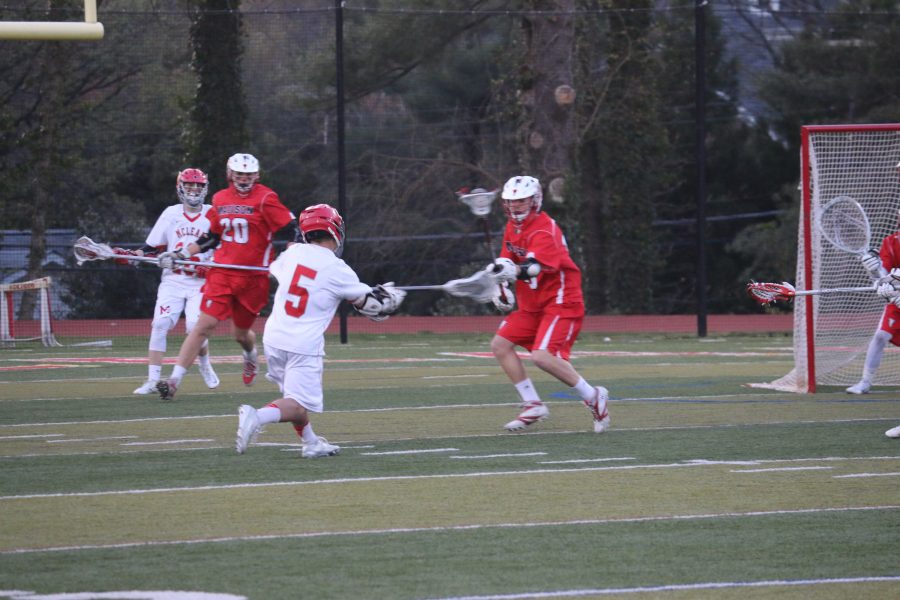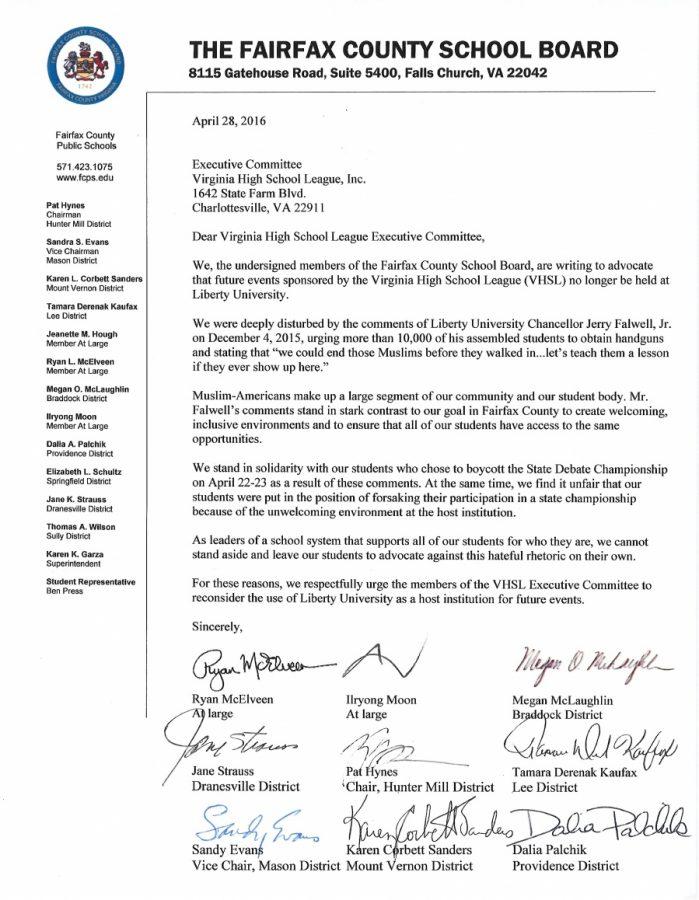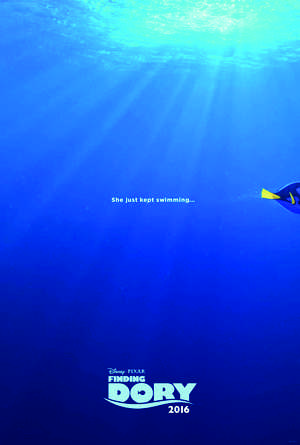Before I get into reviewing this album, Waiting for the Sun by The Doors, I feel like I should explain my choice to look at it. One of the founding members of The Doors and one of the most musically talented keyboardists of all time, Ray Manzarek, passed away on May 20. Unique from other musicians of his age in his rebelliousness, and superior to many of his age in skill, Ray Manzarek and the doors pioneered both musically and socially the concept of the “rock star”. For years he stood as a symbol of musical ingenuity and professionalism, and now we can take a look at a monument to his skill and savvy in the third studio album for the Doors and one of the key albums instrumental to the progression of music in its’ time, Waiting for the Sun.
Opening with “Hello, I love you”, a Doors classic, the tone of the album is set. A poppy and raw early classic rock sound is driven by the lust filled abandon of frontman and vocalist Jim Morrison. Moaning wails accompany the primitive distortion of Robby Krieger’s Gibson SG and the trebly tones of Manzareks’ signature jazz-styled keyboard playing, allowing a brief look into the honesty and freedom of the late 60’s musical scene. This song is followed by the brighter and poppier “Love Street”, which continues the upbeat and sunny theme of the album. This is countered, however, by the third track off the album, “Not To Touch the Earth.” With a powerful and moving bassline guided by a psychedelic and theatric keyboard part courtesy of Ray Manzarek, this piece uses a stereo sound to seemingly shift between your ears with each passing chord change. A sparingly played but artfully crafted electric guitar slowly rises in intensity as forte is reached, and Jim Morrison calls out over the din about the assassination of President Kennedy.
Summer’s Almost Gone, the fourth piece of the album and a jazzy take on the blues, showcases the slide guitar talents of Robby Krieger. A melancholic and eerie guitar part seems to haunt the background of the song as the foreground is delicately carried by a soulfully sung lament to the passing of an age atop a subtly phrased piano underneath. Two tracks later enter The Unknown Soldier, among the best known songs by the Doors. It tells the ambiguous yet overarching tale of all the passed soldiers committed to and honored by a joint grave, both pitying his existence and almost parodying his life with the life of us all. The next song off the album, Spanish Caravan, holds a special place in my heart. It highlights the impressive classical guitar playing of Robby Krieger as well as the lyrical prowess of a Jim Morrison in his prime. It’s seamless but powerful shift from a solely acoustic piece into dark and boding harmonies between a distorted guitar and airy keyboard brings the song full circle, truly exemplifying the musical mastery achieved by the Doors with this album. A few more fantastic songs down the line, the album is capped off with perhaps the most iconic Doors song of all time, Five to One. A perfect synergy between the simplicity and tradition of the blues and the brute roguishness and penetrating musicality of the Doors, the song not only defines the personality of the band but also of the age. The undeniable psychedelic presence within the song betrays the culture associated with the song, and a deeper mystique dispels illusions of a simple blues riff accompanied only by lyric.
A collection of the most musically impressive and socially uncompromising and inspiring songs of its’ time, I give Waiting for the Sun a 10/10. Its’ impressive lyrical content, forward musical thinking and ingenuity, and relevance still to the blues scene mark it as one of the greatest albums of all time in both importance and sound. Though this review may have been done to honor the late and great Ray Manzarek, you’d be doing yourself an injustice by not listening to this album, and because I know you have free time with Summer just around the corner, I suggest you take a listen to it.








